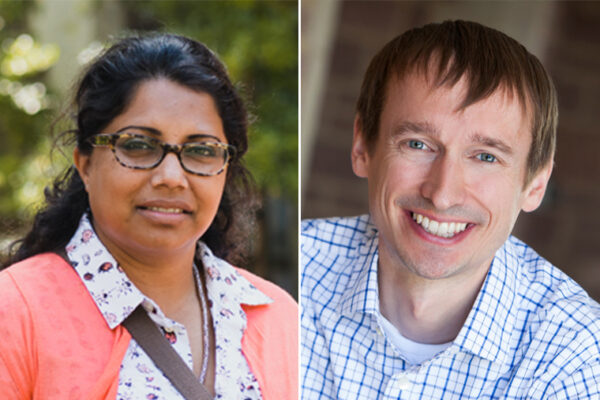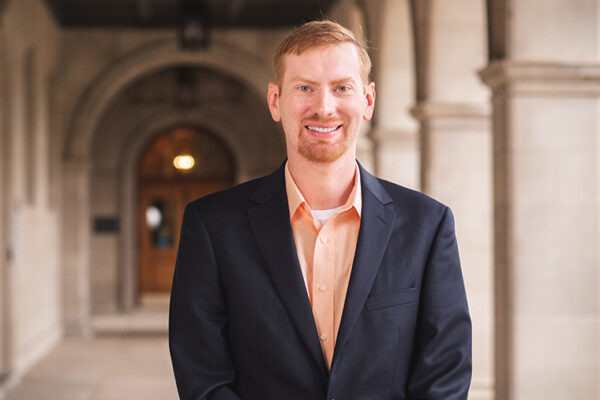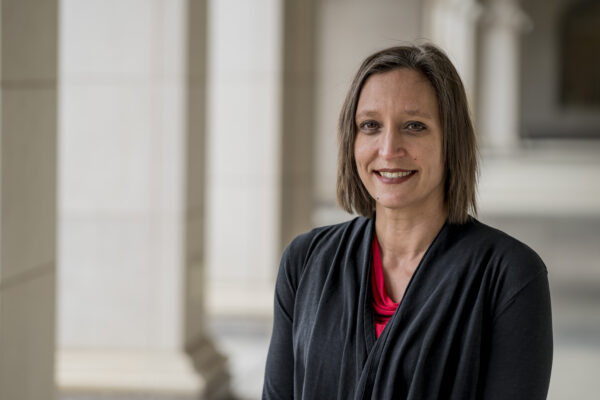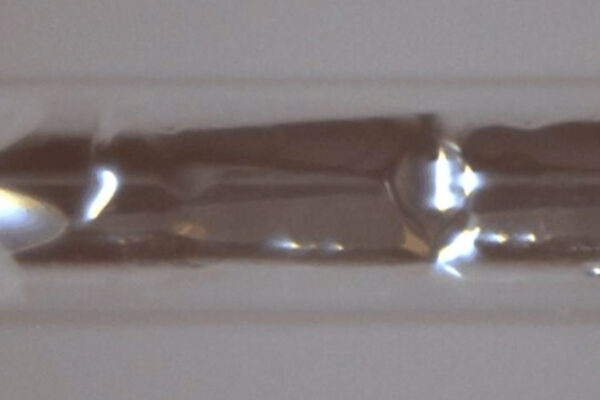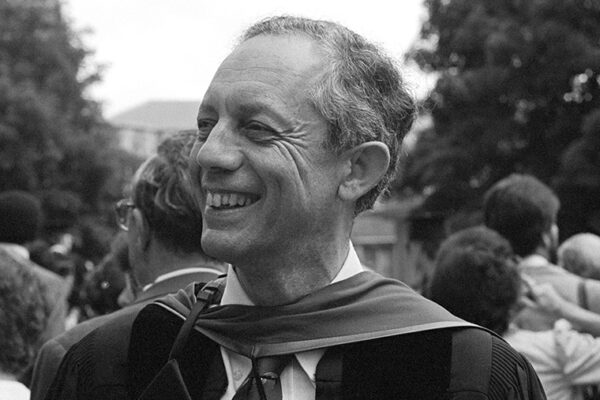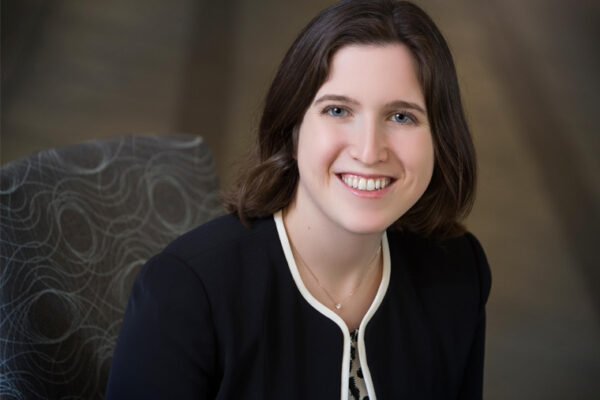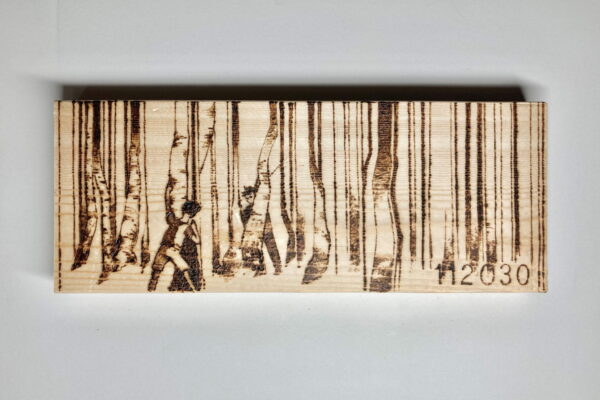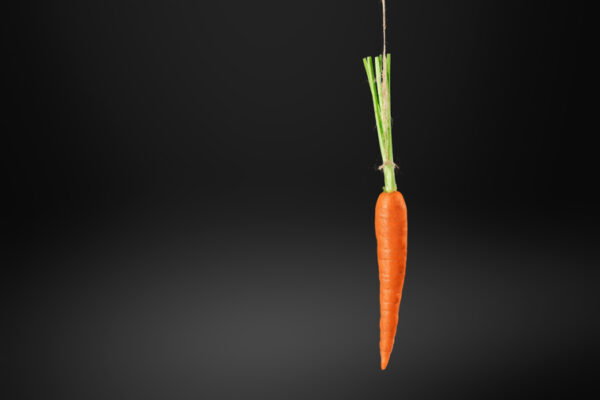Student move-out donation drive underway
As the academic year winds down, it’s time again for students to move out for the summer. The Office of Sustainability, along with several campus partners, has organized a move-out donation program, “Share Our Stuff,” to keep reusable goods out of landfills.
Bose, Meacham receive Defense Department grant
The Department of Defense has awarded Mark Meacham and Arpita Bose a three-year $600,000 grant. The researchers will work to understand extracellular electron uptake in bacteria.
Fournier to study dynamics of fast chemical reactions
Joseph A. Fournier, assistant professor of chemistry in Arts & Sciences, won a CAREER Award from the National Science Foundation. Fournier’s research program focuses on characterizing the dynamics and mechanisms of fast chemical reactions.
Megan Flake: Keeping engineering labs running during the pandemic
McKelvey School of Engineering labs couldn’t shut down due to COVID-19. Megan Flake kept them running smoothly while research was on hold.
Bai lab develops stable, efficient, anode-free sodium battery
The lab of Peng Bai has developed a stable, anode-free sodium ion battery that is highly efficient, will be less expensive and is significantly smaller than a traditional lithium ion battery.
Michael Friedlander, professor emeritus of physics, 92
Michael W. Friedlander, professor emeritus of physics in Arts & Sciences, died April 29, 2021, in St. Louis. He was 92.
Fike receives NSF geobiology grant
David Fike, professor of earth and planetary sciences and director of environmental studies, both in Arts & Sciences at Washington University in St. Louis, won a $98,406 EAGER Grant from the National Science Foundation for a project in geobiology and low-temperature geochemistry.
Parker receives geochemistry association award
Kimberly Parker, assistant professor at the McKelvey School of Engineering, received an award for young promising geochemists from the International Association of GeoChemistry.
Climate Stories winners announced
The Midwest Climate Summit recently announced the winners of its multimedia art competition, Climate Stories.
Sum of incentives dictate efforts
People rarely have just one motivation to do something. New research from the lab of Todd Braver at Washington University in St. Louis suggests how, and where, they combine.
Older Stories

